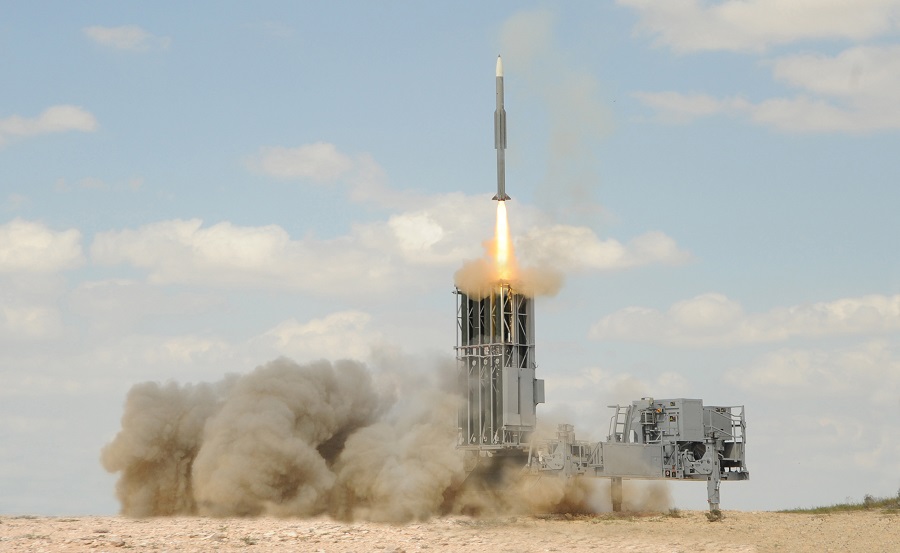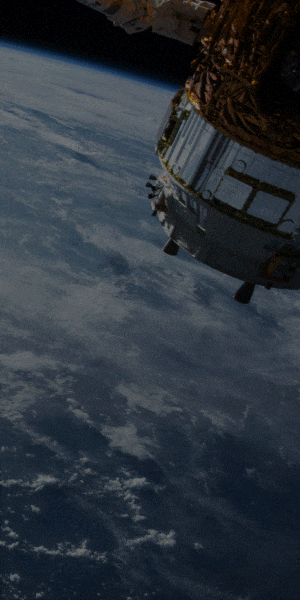Denmark has decided not to proceed with the procurement of Israel Aerospace Industries’ Barak MX ground-based air defence system, despite earlier interest in its advanced features. The decision, announced by Defence Minister Troels Lund Poulsen, follows a clear recommendation from the Danish Defence Command to invest in alternatives with greater immediate combat impact.
“We have decided, in accordance with the recommendations of the military command, to procure the most appropriate capabilities that will ensure rapid development of the capabilities,” said Poulsen. He added that Denmark’s senior military echelon advised that “the potential resources that could have been directed to Barak MX be transferred to other initiatives with greater immediate combat capability, including the rapid preparation of air defense capabilities on land.”
The Defence Agreement parties confirmed they would not move forward with the Barak MX system, aligning with the Defence Command’s assessment. The move supports Denmark’s broader aim of developing a fast and capable ground-based air defence structure in light of evolving security demands.
Earlier this month, Danish broadcaster DR reported that the Israeli system had gained interest due to its “soft kill” capability against drones—an area where Denmark currently lacks capacity. However, shifting security priorities and the growing drone threat in Europe have now led Danish authorities to reconsider their options.
The Barak MX system is a modular and combat-tested solution designed to counter threats from fighter jets, helicopters, UAVs, cruise missiles, and both surface-to-air and surface-to-surface missiles. It integrates multiple types of interceptors including the Barak MRAD (up to 35 km), LRAD (up to 70 km), and ER (up to 150 km), each equipped with radar-guided homing and varying propulsion technologies.
While Denmark has opted out, the Barak MX system continues to find customers globally. Slovakia acquired the system in December 2024 for €560 million, Azerbaijan purchased it in November 2023 for $1.2 billion, and Morocco closed a deal in February 2022 valued at over $500 million.

